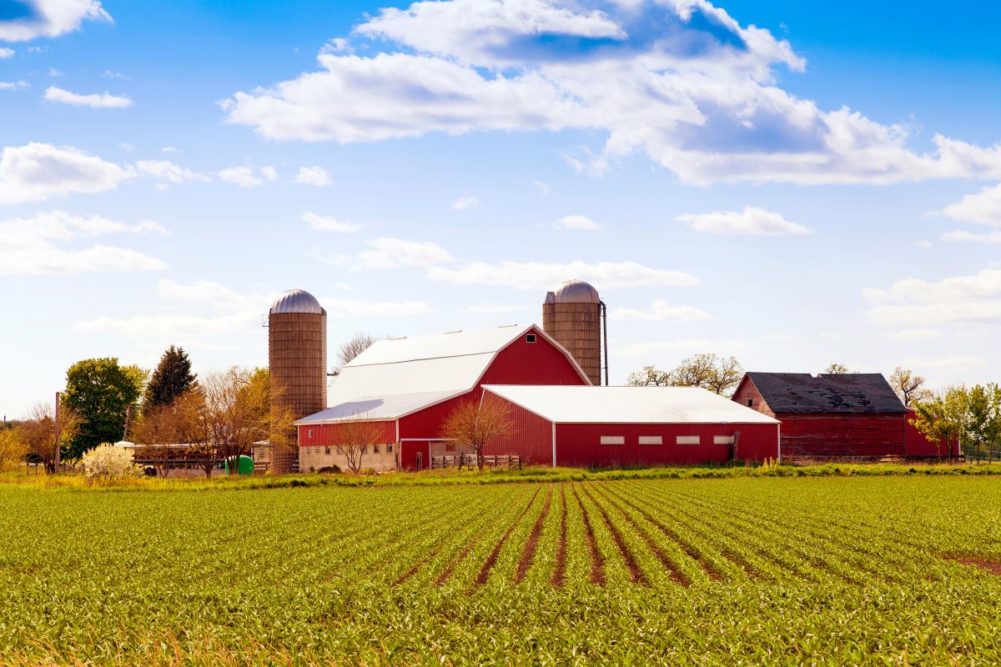MAFFRA, AUSTRALIA — Agriculture Victoria is urging horse and pig owners to protect their animals from mosquito-borne illnesses after recent flooding in Australia.
Mosquito bites can lead to diseases like Japanese encephalitis (JE), Ross River fever, Murray Valley encephalitis and West Nile virus (Kunjin strain).
“It is reasonable to anticipate that JE may again affect livestock in Victoria; however, there have been no reported animal cases in Victoria since pig cases were seen last summer,” said Graeme Cooke, Victoria’s chief veterinary officer.
JE can lead to mummified, stillborn or weak piglets. The majority of pigs, however, appear unaffected, Victoria Agriculture said.
People are not at risk of contracting JE from eating pork, but those with more exposure to mosquitoes are at higher risk of infection, including pig farmers.
Victoria Agriculture added that removing stagnant water and fixing dripping or leaking taps and water troughs is critical in reducing mosquito breeding sites.
“Where it’s not possible to fully eliminate breeding sites, people should treat them with an appropriately registered larvicide,” Cooke said.
In horses these diseases create symptoms like fever, loss of appetite, jaundice, lethargy, neurological or musculoskeletal signs, such as staggering, incoordination, weakness and depression.
Hooding and rugging horses can help prevent mosquito bites. Since mosquitoes are most likely to carry diseases are active outdoors at night, stabling horses between dusk and dawn is another good preventative practice.



